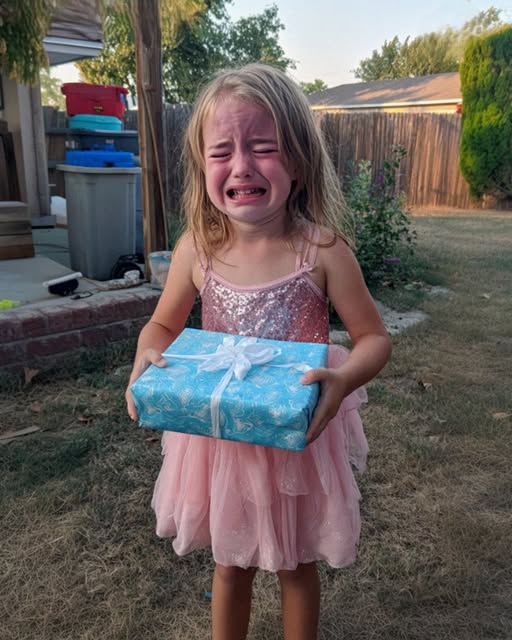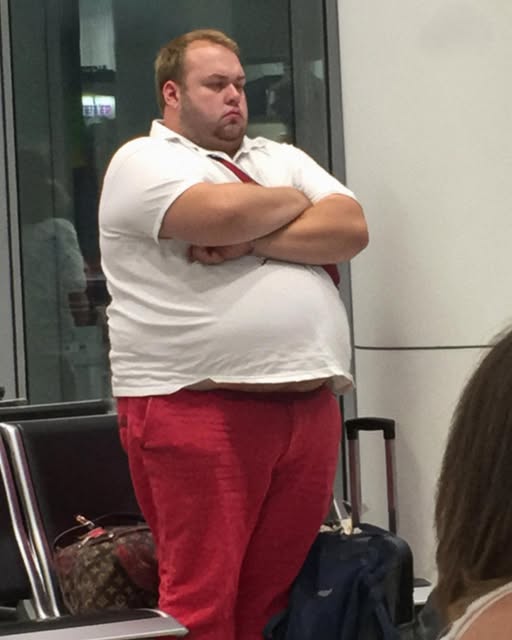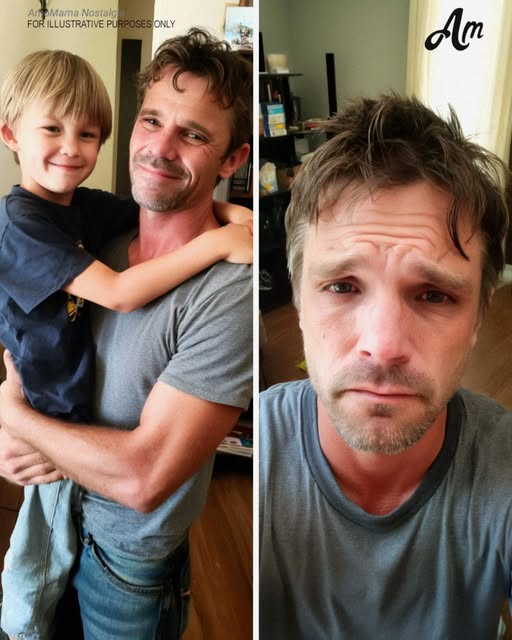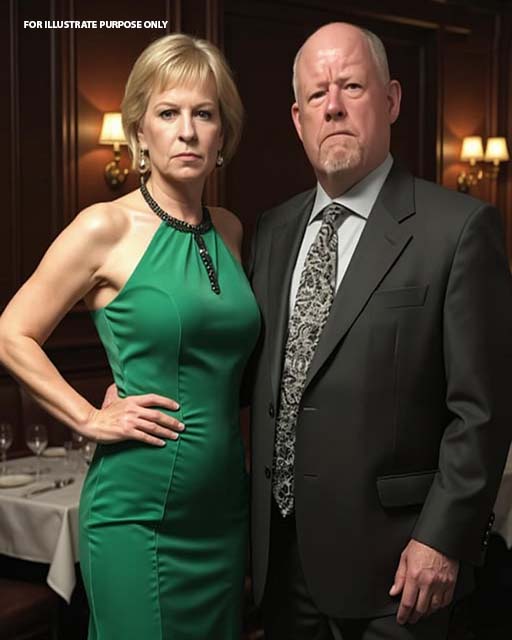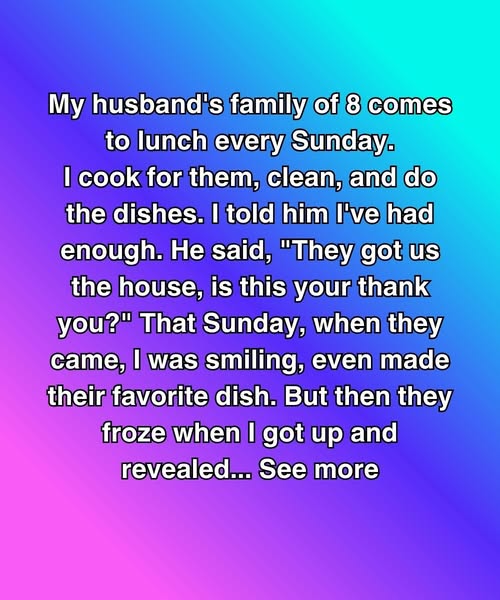When I met Daniel, I wasn’t searching for love. I was 28, divorced, and already someone’s mother. Ellie had just turned two when I brought her along to a date. I couldn’t afford a sitter, but more than that, I needed to see if the man sitting across from me would see all of me—her included. Most men forced politeness, but Daniel crouched down to her level, asked about her bunny socks, and spent nearly twenty minutes gluing sequins with her while my fries went cold. I remember watching them, something inside me quietly hoping for the first time in years.
Two years later, we were married. Ellie wore a flower crown, insisting on holding both of our hands as we walked down the aisle. At the reception, she stood up with frosting still on her lips and called him her “almost-daddy.” His eyes welled up. By her fifth birthday, he adopted her officially. She whispered, “Can I call you Daddy now? For real?” and he answered, “Only if I can call you my daughter forever.” I thought then that love would fix everything—that the word “step” would never need to exist between them.
But love doesn’t always erase the quiet corners where judgment lingers. Daniel’s mother, Carol, smiled politely at gatherings but never truly included Ellie. Cards were addressed to “Daniel and Tina,” never Ellie. She never asked about school, never commented on drawings Ellie sent. Once, after dinner, she looked at me and said, “You must’ve had to learn quickly, raising a child on your own.” Daniel told me she was just set in her ways. I gave it time. Until the day she kicked my daughter out of a birthday party.
Ellie had spent the whole week excited for Jason’s party, carefully choosing a gift she was sure he’d love. That morning, she slipped into her sparkly blue dress, cheeks glowing with pride. We dropped her off with smiles and drove away for lunch. Less than an hour later, she called, her little voice breaking. “Mommy, can you come get me? Grandma said I had to go outside. She said I’m not part of the family.”
When we arrived, Ellie stood by the gate, clutching her gift like it was the only thing holding her together. Her cheeks were blotchy, her dress stained from the grass. Daniel ran to her, gathered her into his arms, while I stormed inside. Carol was calmly eating cake, unbothered. “Why is my daughter outside?” I demanded. She set her fork down and said, as if it were nothing, “Ellie is not part of this family.” My stomach dropped. Sarah mumbled that they didn’t want to ruin Jason’s day with a fight, so they let Carol decide. I couldn’t believe what I was hearing. A child had been pushed aside, humiliated, while they carried on as if nothing had happened.
I left before I shattered every plate in the room. In the car, Ellie clung to Daniel. That night, we took her for ice cream, then curled up with movies until she fell asleep between us. Watching her small chest rise and fall, I made myself a promise: no one gets to decide who belongs in my family.
Two weeks later, we hosted a picnic for Daniel’s birthday. The invitations were clear: “Everyone who sees Ellie as part of this family is welcome.” Carol texted, outraged. I wrote back, “I’m just following your rule. Not everyone here is family.” She never responded.
The day of the picnic was perfect—fairy lights in the trees, wildflowers in jars, cupcakes on trays. Ellie ran barefoot across the grass, free and smiling. Mark came with Jason, and the moment Jason saw Ellie, he sprinted to her. “I’m sorry Grandma was mean,” he said plainly. “You’re like my sister. I’ll never be like her.” Ellie blinked, then disappeared inside. When she came back, she carried the gold-wrapped gift she’d saved from two weeks ago. She handed it to Jason. “I wanted you to have it.” He stared at her in disbelief. “You still brought me a gift?” She smiled and said, “Of course. It’s your birthday.”
That night, I posted a photo of them side by side on the picnic blanket, foreheads nearly touching, both smiling wide. The caption was simple: “Family is love, not blood.”
Two weeks later, Carol called. Ellie asked to speak with her. “I forgive you,” she said, her voice steady. “But don’t treat me like that again. It was ugly.” She handed the phone back to me, calm, certain. Later, Daniel told me he had told his mother that if she couldn’t accept Ellie, she would lose both of them. He meant it. Since then, Carol has tried—sending cards, asking about school, baking Ellie a cake with pink frosting flowers.
